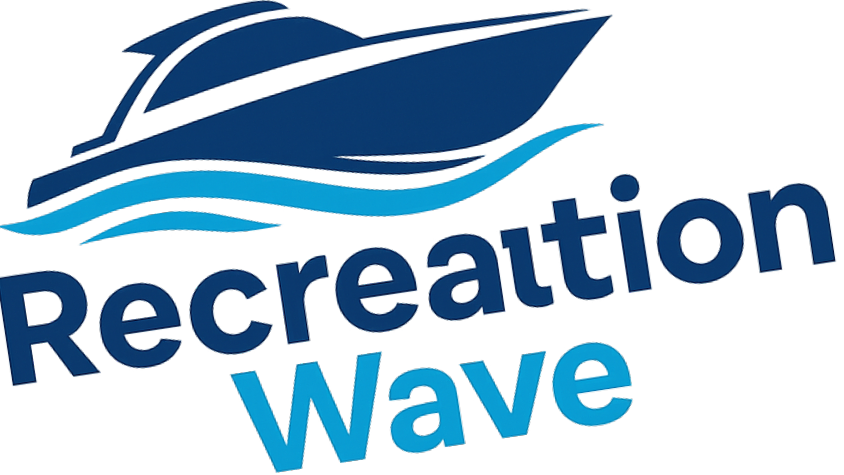
Radioactive Waste and the Surf Culture at Rockaway Beach
Surf lovers and eco-conscious citizens alike are raising alarms over a recent ruling permitting the discharge of nuclear wastewater into the Hudson River—just a stone's throw from New York's beloved Rockaway Beach. This area has emerged as a vibrant surf community, but looming pollution concerns threaten to disrupt that idyllic existence.
Legal Decisions Shape Local Waters
Last month, a federal court overturned a state law designed to protect the Hudson from radioactive waste, favoring federal regulations that allow companies like Holtec International to release tritiated water—a known carcinogen—into the river. With an estimated 1.5 million gallons planned over the coming years, this move has sparked concerns about water safety and environmental integrity.
Public Concerns and Safety Risks
The discharge of about 45,000 gallons per year may fall within government safety limits, but local communities are uneasy. Riverkeeper, a prominent environmental organization, warns that the public’s trust in the Hudson as a safe recreational area is at stake. Swimming and surfing resumed only recently in these waters after decades of pollution, and the last thing locals want is for that progress to be jeopardized by radioactive waste.
The Balance between Energy Needs and Environmental Safety
While there’s a pressing need to decommission aging nuclear power plants, like the Indian Point facility that used to supply energy to New Yorkers, there are calls for more cautious approaches to disposing of spent fuel. Advocacy groups are proposing that Holtec delay discharges for up to 12 years, allowing radioactive levels to decrease significantly before release.
Community Response: Voices of Concern
Larissa Liebmann, an attorney with Riverkeeper, voiced a strong stance on the issue, emphasizing that public sentiment can shift dramatically if perceptions of water safety deteriorate. "We don’t want the hard-won strides in cleaning up the Hudson to be obliterated by hasty decisions that could inflict long-term damage," she stressed.
Navigating Troubling Waters: Future Implications
The stage is set for a tougher dialogue on environmental practices surrounding nuclear decommissioning. Moreover, the aspect of public relations cannot be dismissed. The growing concern for recreational water quality highlights the need for transparency and earnest communication from companies involved in these operations. This aspect is vital not only for the well-being of surfers but for all residents who enjoy the Hudson’s revival.
What Can You Do?
Educating oneself and others about these environmental issues is crucial. Interested individuals can visit Riverkeeper's website to learn how to get involved in advocacy, or head to local forums that discuss the future of the Hudson. By staying informed, you can help ensure that recreational activities and environmental health go hand in hand.
The recent ruling might have disrupted the calm waters of Rockaway Beach, but it also serves as a rallying point for community action. Together, informed and passionate beachgoers can continue to appreciate the surf while safeguarding its future.
 Add Row
Add Row  Add
Add 




Write A Comment